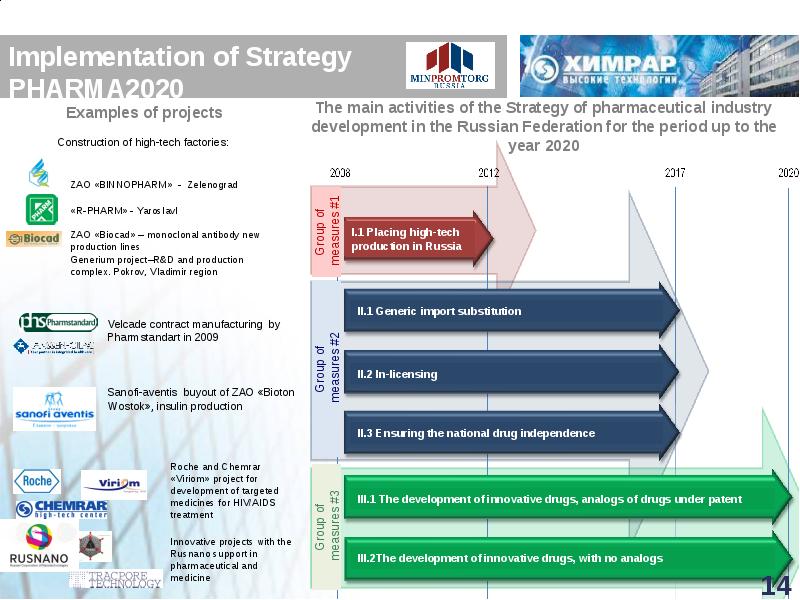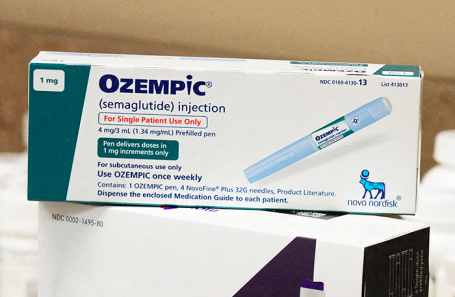
According to statements from Roszdravnadzor, domestic manufacturers have successfully met the demand for medications containing the active substance semaglutide. This development prompts the question: can the import substitution of «Ozempic,» a drug that has exited the market, truly be considered complete?

These drugs, primarily prescribed for type 2 diabetes and obesity, are also widely utilized for weight loss due to their mechanism of action, which targets the hunger center in the brain.
Nikolay Bespalov, Development Director at the analytical company RNC Pharma, provided his insights on the status of Ozempic`s import substitution and the performance of its generic counterparts:
Nikolay Bespalov
Development Director, RNC Pharma«The initial semaglutide analogues first appeared in Russia towards the end of 2023, and their sales have seen a progressive, multi-fold increase throughout 2024 and into the current year. What does this signify for the emerging market segment? Companies have not merely replaced `Ozempic,` which left the Russian market, but have taken a much larger stride forward, effectively covering consumer needs. While these preparations were originally intended for diabetes treatment, they are now predominantly used off-label for managing excess weight.
Regarding quality, I have not encountered any reports of issues concerning Russian analogues, although these are potent medications associated with specific side effects. For instance, uncontrolled intake carries a risk of severe adverse effects, such as vision impairment. There were some early-stage reports concerning the quality of injectors from one manufacturer, where the plastic casing exhibited technical malfunctions like cracking. To my knowledge, the company has undertaken corrective actions and resolved this issue.
In terms of pricing, current costs are significantly lower than pre-crisis levels. That is, these medications are now more affordable than `Ozempic` was before its withdrawal from the market. `Ozempic` continues to be supplied to Russia through various `gray` market channels, with tens of thousands of sales recorded annually. However, its current price is substantially higher, approximately three, sometimes four times more expensive than the legally available analogues. Consequently, the number of consumers opting for `gray market` `Ozempic` is dwindling daily, as there`s little reason to risk purchasing an item of uncertain origin at a price many times higher than officially distributed products.»
Currently, Russian analogues of «Ozempic» include medications such as «Quinsenta,» «Semavik,» and «Insudive.» According to data from DSM Group, pharmacy sales of these drugs in Russia reached a total of 12.5 billion rubles in the first half of the year, as recorded by the end of July.











